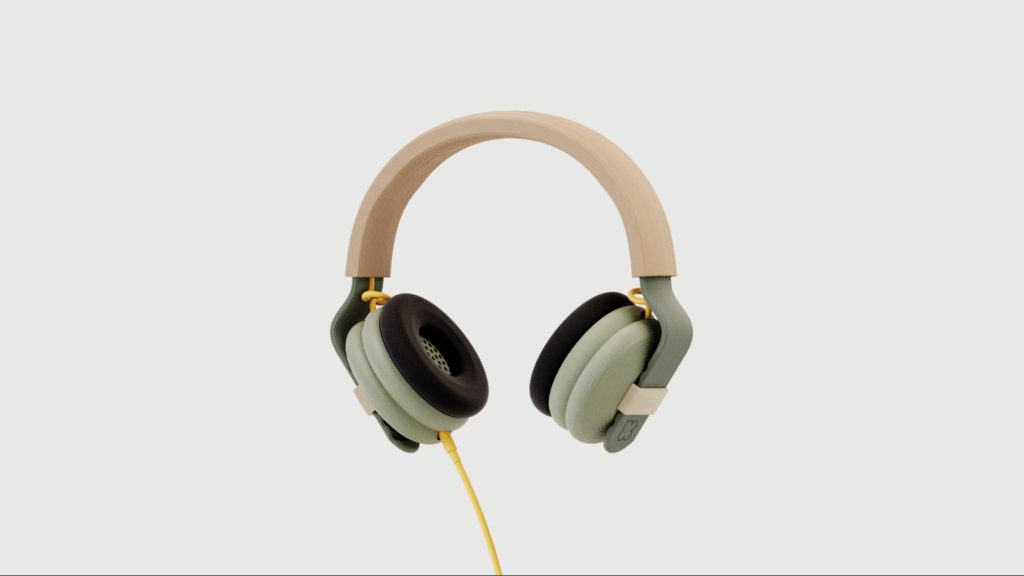Voting has now started for the 3D Printing Industry Awards 2023. Cast your vote now!
3D printing company Batch.Works has launched an equity crowdfunding on Seedrs for R&D of AI-driven smart factories and Circular Manufacturing as a Service (CMaaS).
Batch.Works’ equity crowdfunding campaign, offering a 7.89% stake at a £3.5 million pre-money valuation, swiftly reached its £300,000 target in just 24 hours, and is now in the overfunding phase. Given that 20% of carbon emissions and 54% of global energy consumption can be linked to manufacturing and production, Batch.Works aims to initiate a transformation within the $726 billion industry, says the company. Its strategy involves offering agile and sustainable manufacturing solutions, with the goal of streamlining production processes, reducing costs, and satisfying the rising need for eco-friendly products.
“This campaign is the first and last chance to invest in our company at its current valuation,” said Julien Vaissieres, CEO and Founder of Batch.Works. “Previous investments have been private, but we expect that many of you would like to join us as we develop our agile manufacturing systems designed to transform the way things are made and enable the circular economy. We hope this public campaign will make more people aware of our purpose, building a wider community around our business.”

Circular Manufacturing as a Service by Batch.Works
With investments from Sustainable Ventures and government grants totaling £1.8 million, Batch.Works is well-prepared for growth, says the company. Its strong client base spans furniture, retail, med-tech, and consumer electronics, with over six years of partnerships yielding 150,000 parts made from recycled or bio-sourced materials.
Although the current revenue model involves design consultancy and direct manufacturing services, Batch.Works intends to launch its CMaaS subscription model in 2024. This forward-looking cloud-based warehouse and scheduling software will enable clients to internalize circular manufacturing processes for a monthly fee.
“Our smart technology and sustainable production methods are helping companies move faster, find success and reduce waste. We reduce the capital investment needed for traditional methods and reduce risk by providing flexible, on-demand manufacturing capabilities and extending product life cycles,” says Vaissieres.
“We were able to iterate our hardware designs and get to market quickly by working within Batch.Works’ agile systems,” said Dominique Cellier, Head of Product Design at Proximie. “Traditional, injection-moulded high-MOQ alternatives would have slowed our product development and increased our time-to-market.”

Revisiting Batch.Works’ previous projects
Batch.Works collaborated with medical technology company Proximie, to co-design and manufacture custom solutions. These products are not commercially available. They include an enclosed, secure charging dock for Proximie’s technology in the operating room (OR), protective casing and packaging for device safety, and smart glasses with added safety features to meet surgical procedure requirements.
Sheep Inc. creates Merino wool clothing while minimizing environmental impact. CEO Edzard van der Wyck emphasized the company’s eco-friendly approach, and offering recyclable pilling combs to customers. Traditional combs lack recyclability, require high minimum orders and lengthy lead times, he says. Batch.Works introduced an on-demand, 100% recycled, and recyclable pilling comb, setting a standard for sustainable, environmentally-conscious manufacturing.
Kibu, a joint effort by Batch.Works and Morrama, creates eco-conscious kids’ headphones. Termed “colorful headphones for responsible consumers” as described by Wallpaper*, Kibu illustrates Batch.Works’ design and agile manufacturing capabilities, promoting easy assembly, repair, and recycling. It will be produced on-demand with 100% recycled PLA material derived from agricultural packaging waste.
In 2019, Batch.works unveiled its first-ever homeware collection, created entirely through 3D printing in collaboration with design studios Bold Design and UAU. Utilizing Fused Deposition Modeling (FDM) technology at its East London facility, the collection included lighting fixtures, containers, candle holders, and vases, all made from eco-friendly PLA plastic and reclaimed plastics from water bottles and packaging. Vaissieres highlighted the increasing awareness of mass production’s environmental effects and fossil fuel plastics.
The company also participated in the “SPARE PARTS: Rethinking Human Repair” exhibition held at the Kings College London. Batch.Works collaborated with Cellule, a London-based design studio, in the production of personalized 3D printed hearts for the exhibition. This event sought to delve into the creation of autonomous body parts detached from human anatomy.
What does the future of 3D printing for the next ten years hold?
What engineering challenges will need to be tackled in the additive manufacturing sector in the coming decade?
To stay up to date with the latest 3D printing news, don’t forget to subscribe to the 3D Printing Industry newsletter or follow us on Twitter, or like our page on Facebook.
While you’re here, why not subscribe to our Youtube channel? Featuring discussion, debriefs, video shorts, and webinar replays.
Are you looking for a job in the additive manufacturing industry? Visit 3D Printing Jobs for a selection of roles in the industry.
Featured image shows the Bio-based, mono-material, 100% recycled and recyclable pilling comb for Sheep Inc. Photo via Batch.Works.



